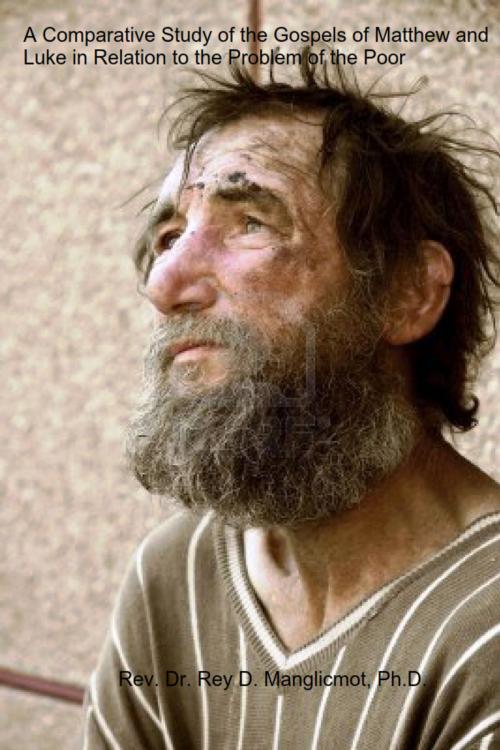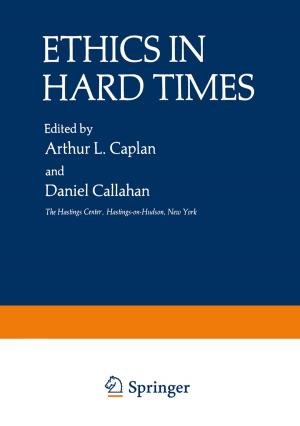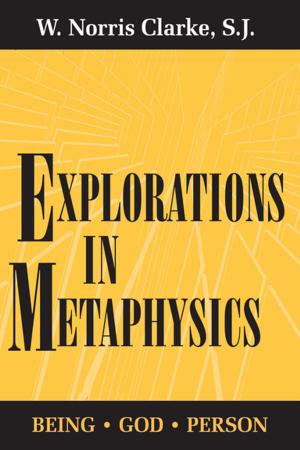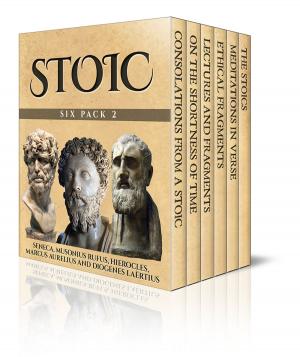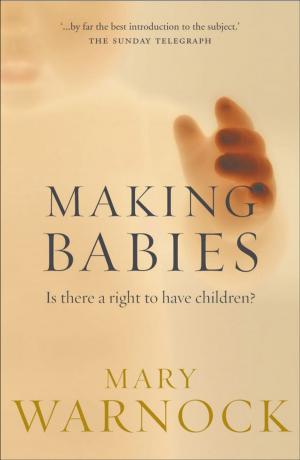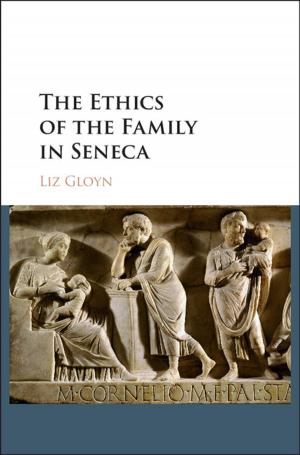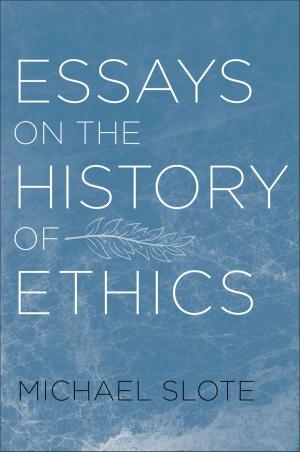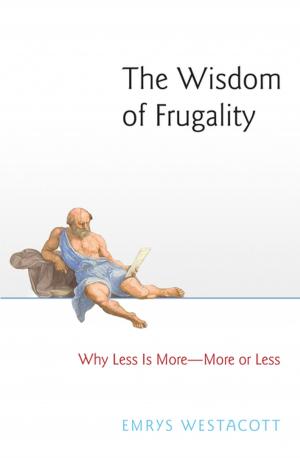Comparative Study of the Gospel of Matthew and Luke in Relation to the Problem of the Poor
Nonfiction, Religion & Spirituality, Philosophy, Ethics & Moral Philosophy| Author: | REY MANGLICMOT | ISBN: | 1230000163586 |
| Publisher: | JONATHAN MANGLICMOT | Publication: | August 26, 2013 |
| Imprint: | Language: | English |
| Author: | REY MANGLICMOT |
| ISBN: | 1230000163586 |
| Publisher: | JONATHAN MANGLICMOT |
| Publication: | August 26, 2013 |
| Imprint: | |
| Language: | English |
The Christians have accepted the teachings of Christ but many of them have not lived up to His ethical instruction. There is a polarization between what Christians have believed to what they have to live and act as displayed in what they have done to the poor. In Philippine society where Christians are predominant, the poor are unnourished, trivialized and subjugated. The impoverishment of the poor indicates an existence of a social structure perpetuates their suffering at the underside of the society. In the social environment of structural perpetuation of the sufferings of the poor, the Christian church has been splintered into various camps holding different ethical persuasion about the problem of the poor. Catholic and Protestant churches have contributed in significant way to the setting up of social structure oppressive to the poor. Some members of the Christian church are holding revolutionary ethics, others are bent to apolitical ethics, some pick up the diakonia ethics, and still others keep an enabling ethics. These different ethical perspectives of dealing with the problem of poverty are to be subjected into critical examination through the synthesized ethics of Jesus for the poor in Matthew and Luke.
The method of studying the ethics of Jesus for the poor in Matthew and Luke will be comparative using the synchronic and diachronic approach as hermeneutical tools. The hermeneutical interpretation of the two gospels and the critique for the various ethical responses of different Christian bodies will be made in the perspective of trust and of the poor. The results of the comparative and critical analyses will be utilized to make suggestions as to how the theological, traditional, educational, liturgical perspectives have to have significant changes.
In the comparative study, it is assumed that the Scripture is inspired and that it contains a pluralistic ethical view. Consequently, the research is about an ethics of Jesus. Moreover, the priority of Mark and the existence of meaningful conversation between biblical and non-biblical ethics are also assumed. The study is significant because it asserts a biblical ethics that underscores in the selfhood and actions of Jesus for the poor.
The Christians have accepted the teachings of Christ but many of them have not lived up to His ethical instruction. There is a polarization between what Christians have believed to what they have to live and act as displayed in what they have done to the poor. In Philippine society where Christians are predominant, the poor are unnourished, trivialized and subjugated. The impoverishment of the poor indicates an existence of a social structure perpetuates their suffering at the underside of the society. In the social environment of structural perpetuation of the sufferings of the poor, the Christian church has been splintered into various camps holding different ethical persuasion about the problem of the poor. Catholic and Protestant churches have contributed in significant way to the setting up of social structure oppressive to the poor. Some members of the Christian church are holding revolutionary ethics, others are bent to apolitical ethics, some pick up the diakonia ethics, and still others keep an enabling ethics. These different ethical perspectives of dealing with the problem of poverty are to be subjected into critical examination through the synthesized ethics of Jesus for the poor in Matthew and Luke.
The method of studying the ethics of Jesus for the poor in Matthew and Luke will be comparative using the synchronic and diachronic approach as hermeneutical tools. The hermeneutical interpretation of the two gospels and the critique for the various ethical responses of different Christian bodies will be made in the perspective of trust and of the poor. The results of the comparative and critical analyses will be utilized to make suggestions as to how the theological, traditional, educational, liturgical perspectives have to have significant changes.
In the comparative study, it is assumed that the Scripture is inspired and that it contains a pluralistic ethical view. Consequently, the research is about an ethics of Jesus. Moreover, the priority of Mark and the existence of meaningful conversation between biblical and non-biblical ethics are also assumed. The study is significant because it asserts a biblical ethics that underscores in the selfhood and actions of Jesus for the poor.
